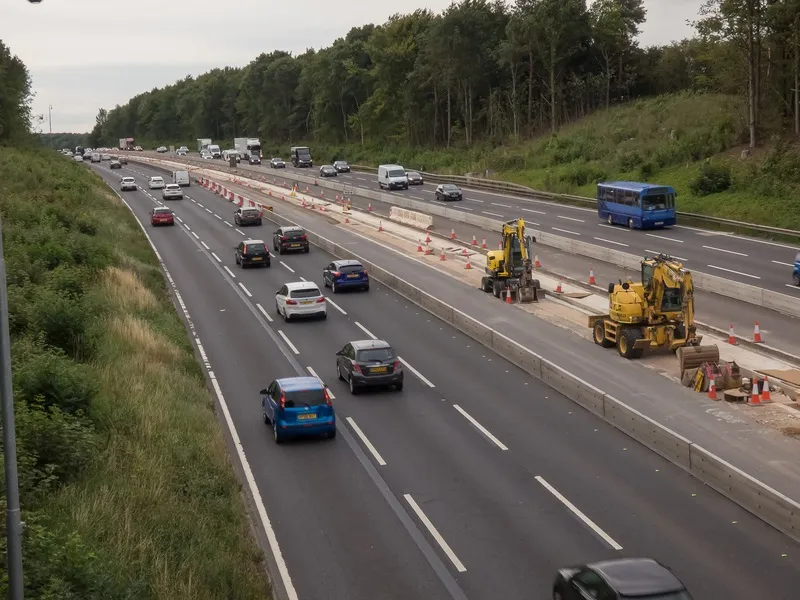
A coroner in England has said that smart motorways - which are typically four-lane highways with no hard shoulder - carry "an ongoing risk of future deaths".
Recording a verdict of unlawful killing, coroner David Urpeth is writing to Highways England, which runs the major road network, and to the UK transport secretary, to request a review after an inquest heard that two deaths might have been avoided - if a hard shoulder were available.
Jason Mercer and Alexandru Murgeanu were killed when a truck hit their vehicles on a stretch of the M1 near Sheffield in June 2019.
The two men had been involved in a minor crash and were waiting for assistance.
Smart motorways were introduced in England with the rationale that employing the hard shoulder would help deal with increased traffic without the need for massively disruptive and expensive infrastructure changes.
However, a review by the UK government last year conceded that there are safety concerns - something which road safety campaigners had long suggested.









